Military
Beginner
The Russian Army in the Great War: The Eastern Front, 1914–1917
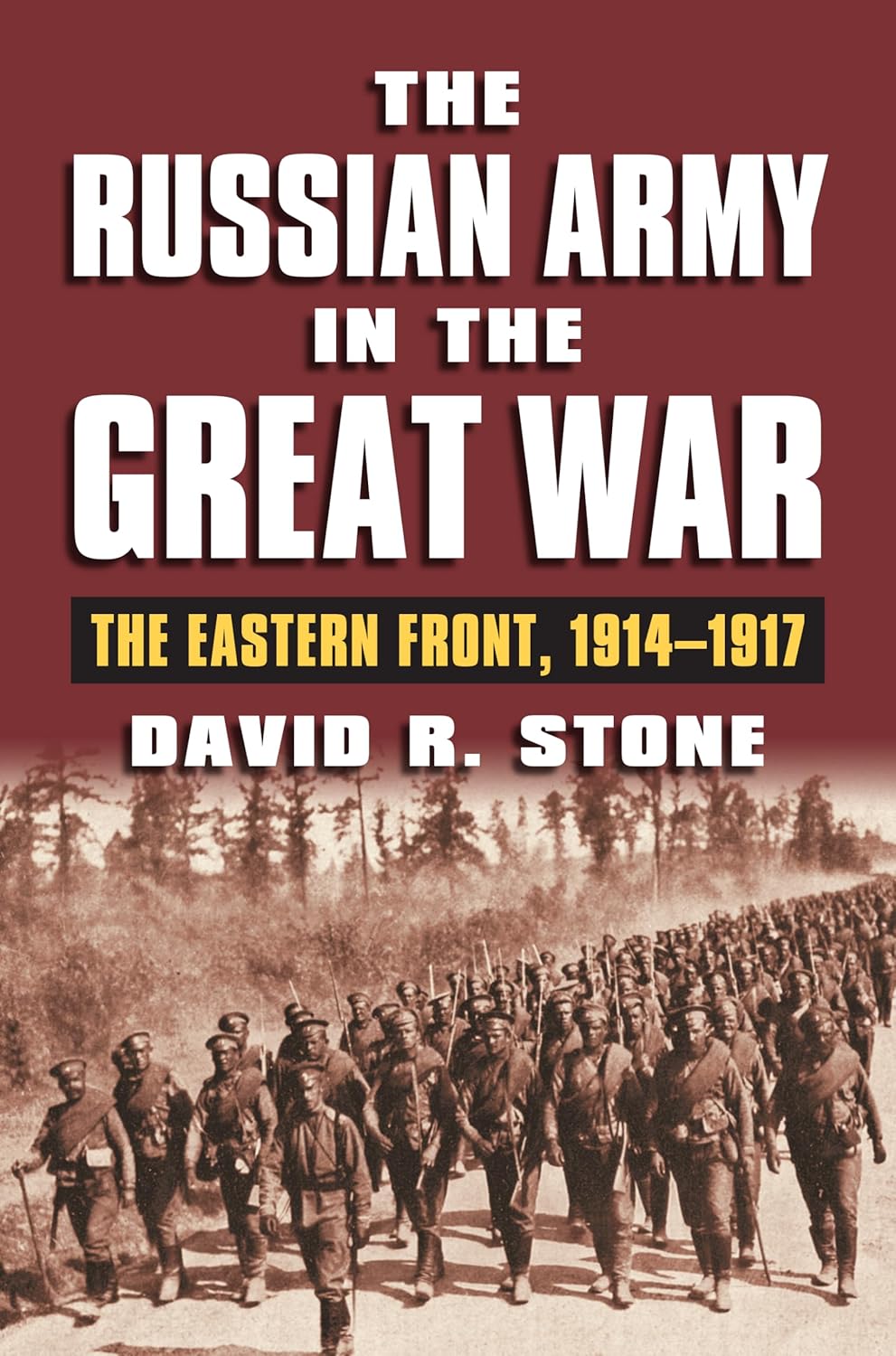
This book provides an accessible history of the Russian military’s role in World War I by examining key battles, strategic decisions, and the challenges faced by the Russian Army, including logistical struggles, morale issues, and leadership failures. It also explores how the war contributed to the downfall of the Russian Empire and set the stage for the 1917 Revolution.
The Modern Russian Army 1992–2016
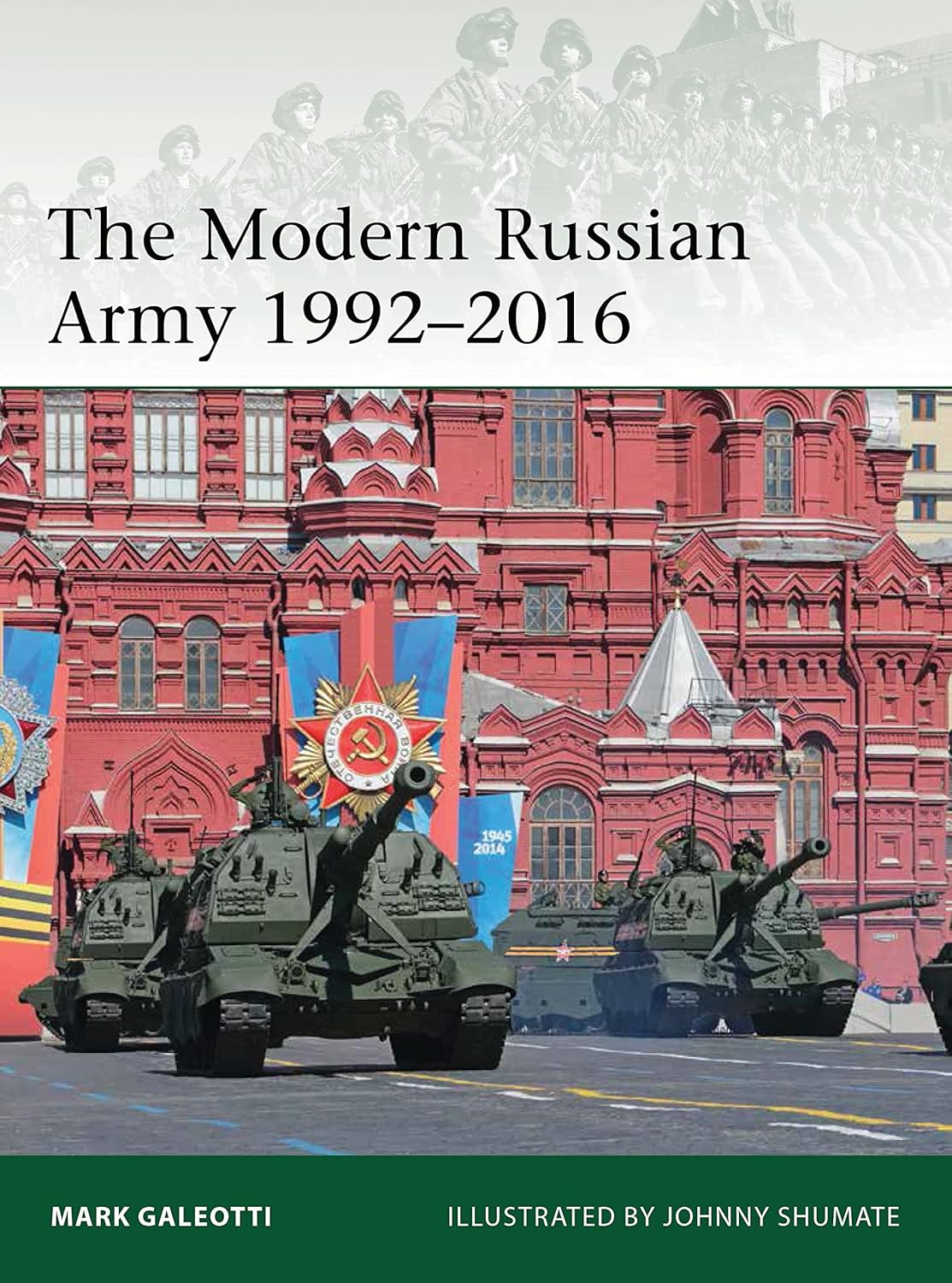
This book explores the transformation of the Russian military after the collapse of the Soviet Union, covering its decline in the 1990s, modernization efforts, and involvement in conflicts like Chechnya, Georgia, and Ukraine. It looks at Russia’s evolving military doctrine, strategy, and the challenges faced in adapting to modern warfare.
The Soviet Military Experience: A History of the Soviet Army, 1917–1991
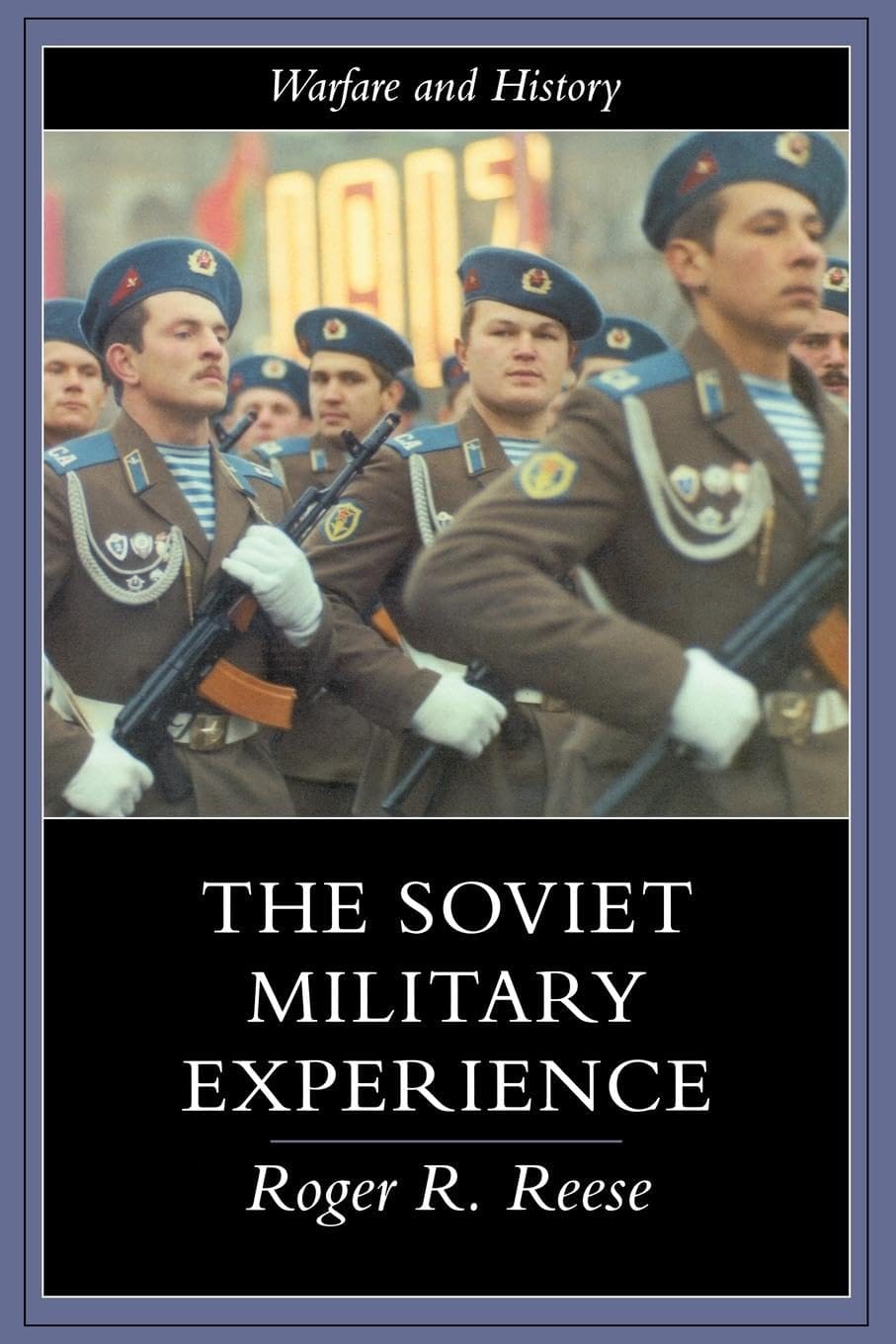
This book provides an overview of the Soviet military’s history from its formation in 1917 to its dissolution in 1991. Roger R. Reese examines the Red Army’s role in major conflicts such as the Russian Civil War, World War II, and the Cold War, while also exploring military culture, conscription, and internal politics.
Russia’s Wars in Chechnya 1994–2009
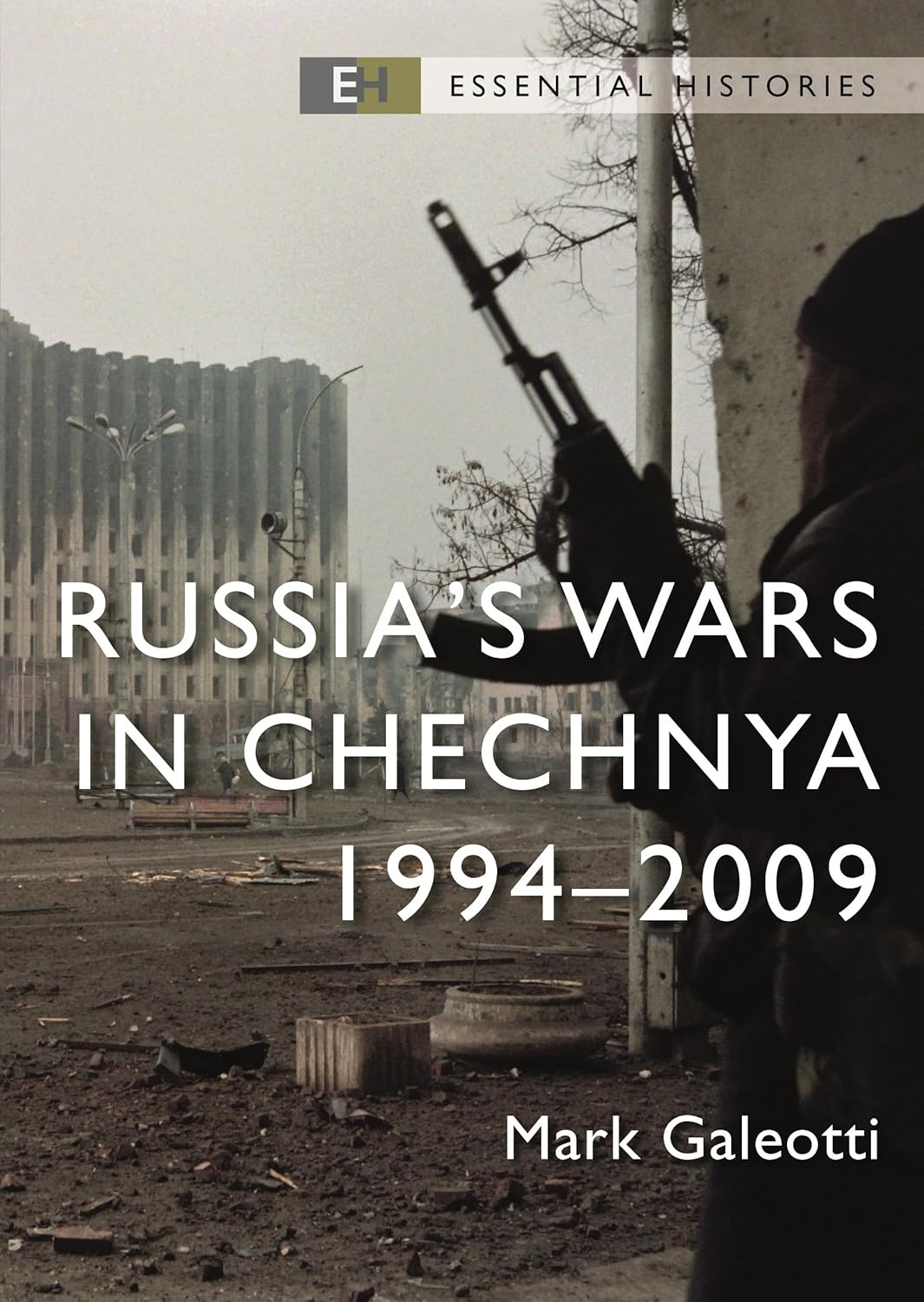
This book provides an overview of Russia’s brutal wars in Chechnya, covering the First (1994-1996) and Second (1999-2009) Chechen Wars. Mark Galeotti examines the causes of the conflicts, key military operations, and the impact on both Russia and Chechnya. He also explores the rise of insurgency, terrorism, and the long-term consequences of these wars.
One Soldier’s War in Chechnya
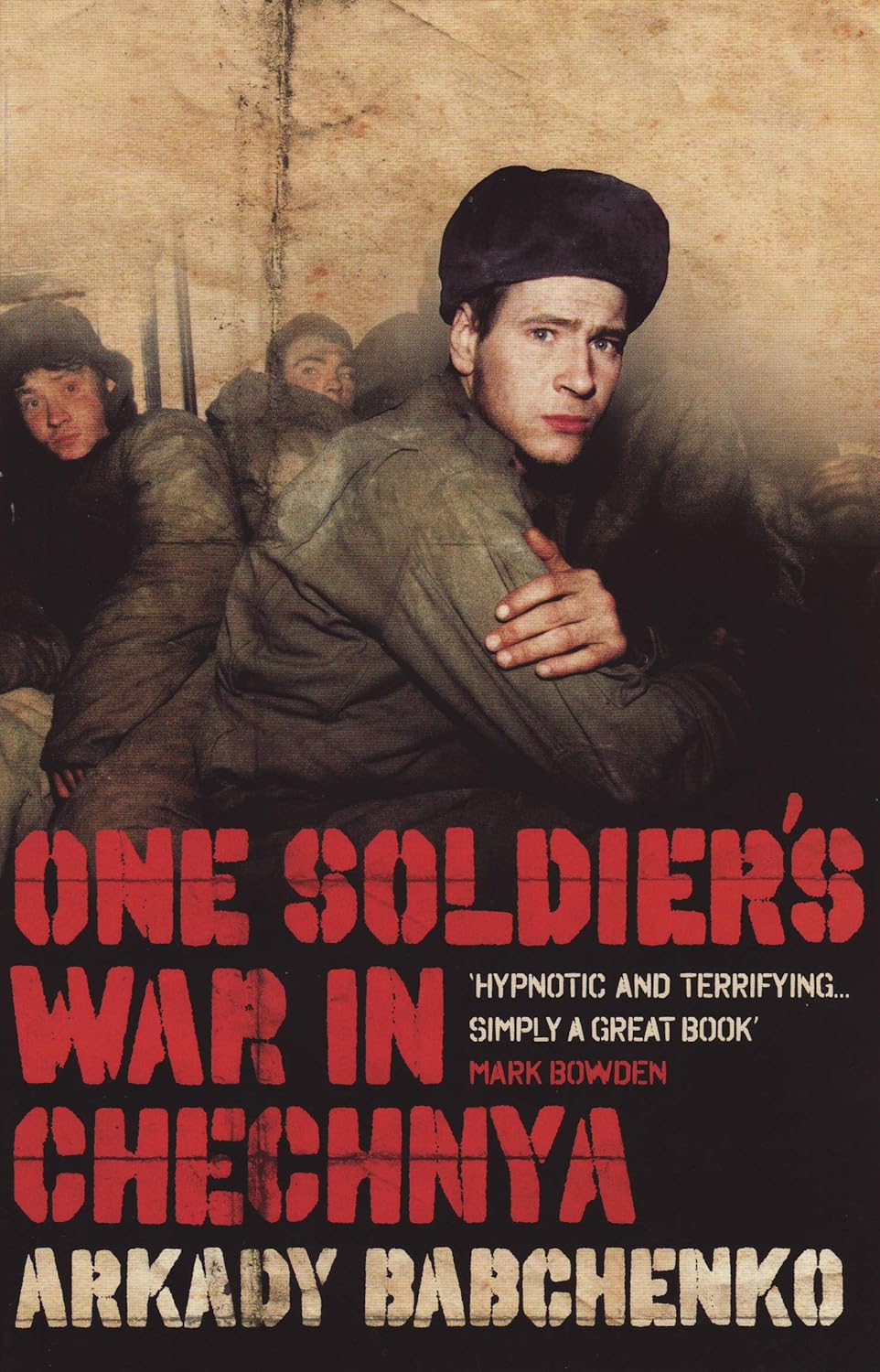
This is a (truly) raw and personal memoir of Arkady Babchenko’s experiences as a Russian soldier during the Chechen Wars. Babchenko provides a firsthand account of the brutal conditions, psychological toll, and moral dilemmas faced by soldiers in one of Russia’s most devastating modern conflicts. His writing captures the chaos of war, the dehumanization of conscripts, and the horrors of combat.
Very much not a book to read when you want to improve your mood.
Brothers Armed: Military Aspects of the Crisis in Ukraine
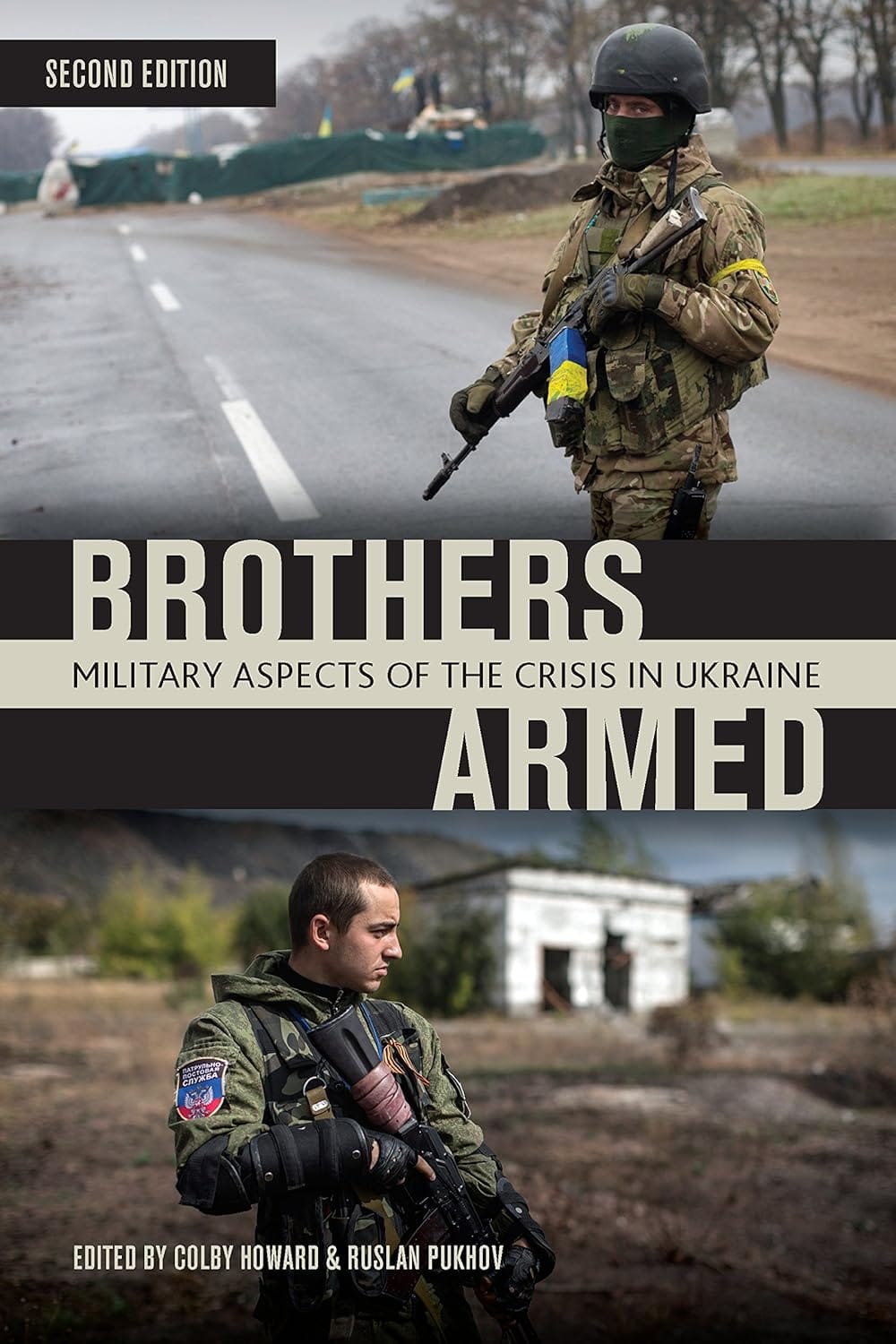
This book provides an overview of the military dynamics of the Ukraine crisis, particularly focusing on the events leading up to and following Russia’s annexation of Crimea in 2014. It examines the military capabilities of both Russia and Ukraine, the role of hybrid warfare, and how the conflict reshaped regional security. Understanding the events during the years that led up to the full-scale invasion of Ukraine in February of '22 is helpful for understanding what's going on now.
Armageddon and Paranoia: The Nuclear Confrontation
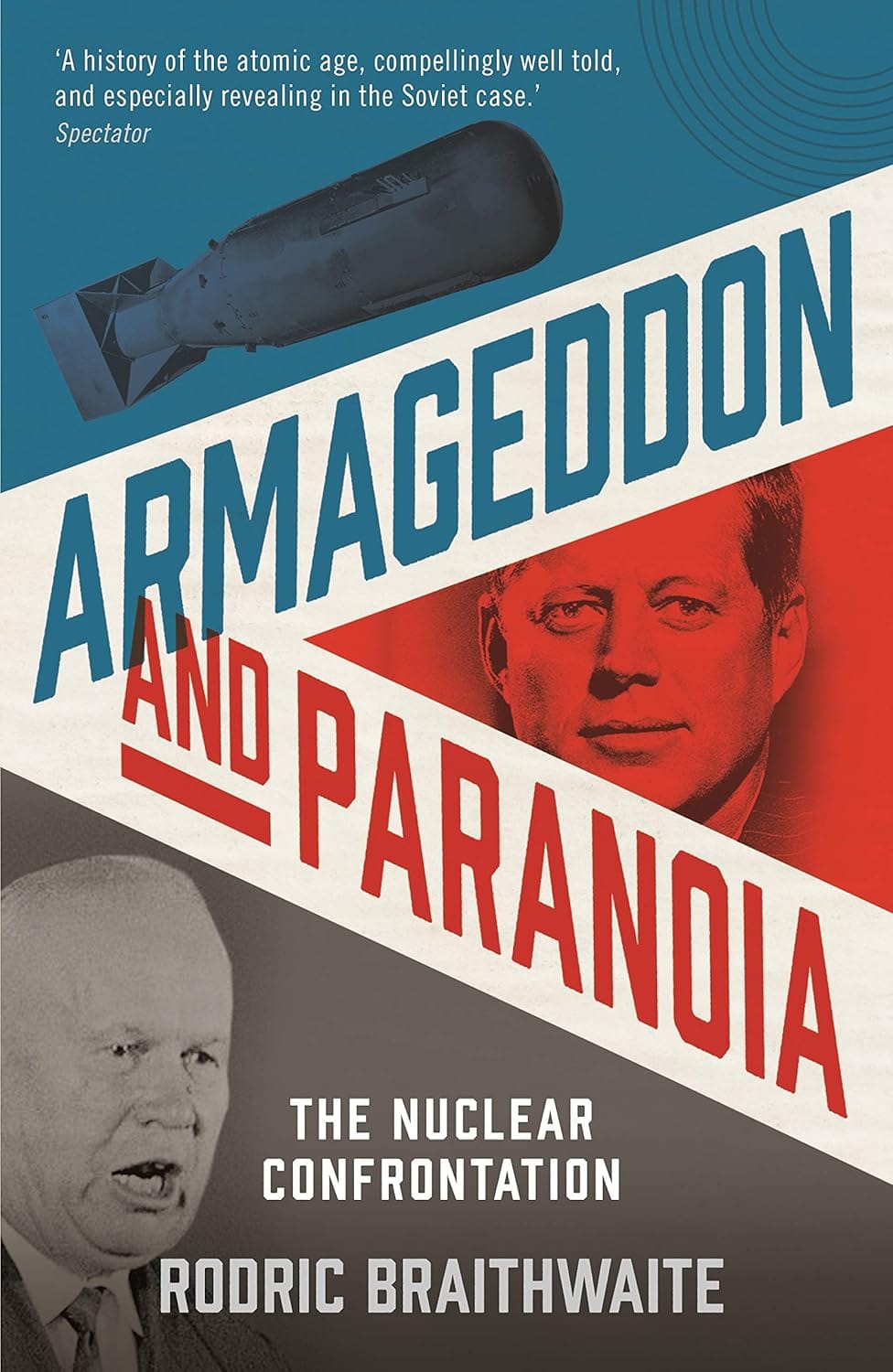
Armageddon and Paranoia explores the history of nuclear weapons, from their development during World War II to their role in Cold War tensions between the U.S. and the Soviet Union. Rodric Braithwaite examines how nuclear strategy evolved, the fears and misunderstandings that fueled the arms race, and the policies designed to prevent global catastrophe. The book also considers how nuclear weapons continue to shape international relations today.
I can't recommend this book enough. Not just because it's a good read, but because I really can't deal with people fearmongering about Russian nukes on Twitter anymore.
Putin's Wars: From Chechnya to Ukraine
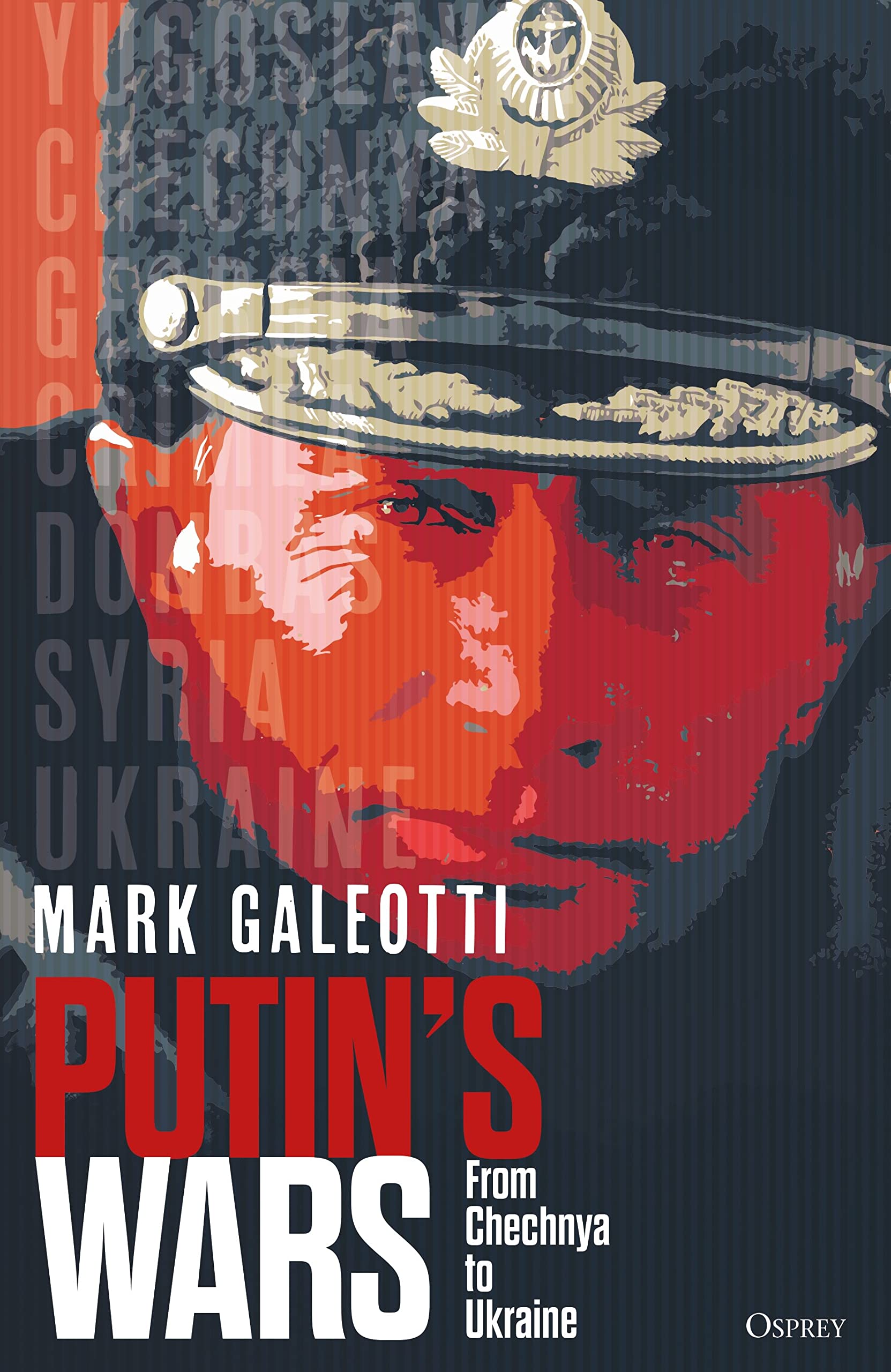
This book provides a detailed examination of Vladimir Putin’s military and political strategies, tracing how Russia’s armed interventions - from the brutal campaigns in Chechnya to the more recent conflict in Ukraine- each reflect a recalibrated approach to warfare and statecraft.
It utilizes a mix of historical background, policy analysis, and firsthand insights to illustrate the evolving motivations, tactics, and repercussions of these conflicts. The result is a comprehensive portrait of how Moscow wields military force both domestically and abroad.
A worthy introduction to the complexities of Russia’s modern military engagements and the global implications of Putin’s methods, without being as challenging as another book we are going to talk about later on.
Intermediate
Russian Military Thought: The Evolution of Strategy Since the Crimean War

This book offers insights into Russian military thought on doctrine and strategy, from the Crimean War to Russia's full-scale invasion of Ukraine. Persson dismantles the simplistic notion that Russian military thought is "backward" instead presenting a deeper analysis of the drivers that influence the changes in Russian military strategy. I would recommend this before you dive deeper into Russian military strategy.
When Titans Clashed: How the Red Army Stopped Hitler
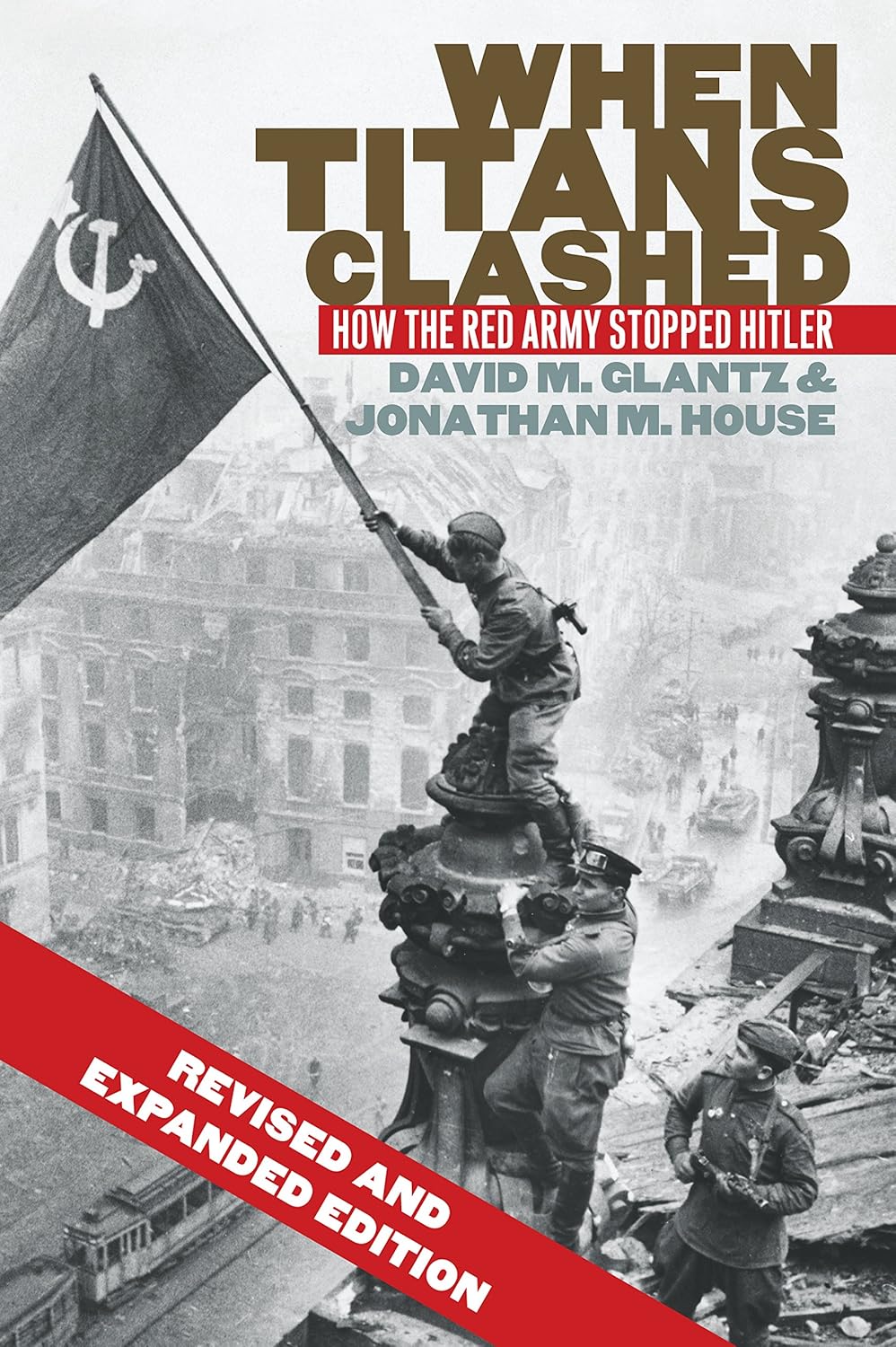
This book provides a detailed analysis of the Eastern Front during World War II, focusing on how the Red Army transformed itself from a poorly led and ill-equipped force in 1941 into the army that ultimately defeated Nazi Germany. Using newly available Russian archival material, they provide a more accurate and balanced account of the Soviet war effort.
At first glance one might be tempted to consider this your average narrative recounting of World War II from the perspective of the Red Army. It's not. It's a military analysis first and foremost, specifically focused on World War II and how the Soviet Union ultimately crushed the Germans on the Eastern Front - a development that continued to shape Soviet military doctrine for decades afterwards, and partially to this day.
A Military History of Russia: From Ivan the Terrible to the War in Chechnya
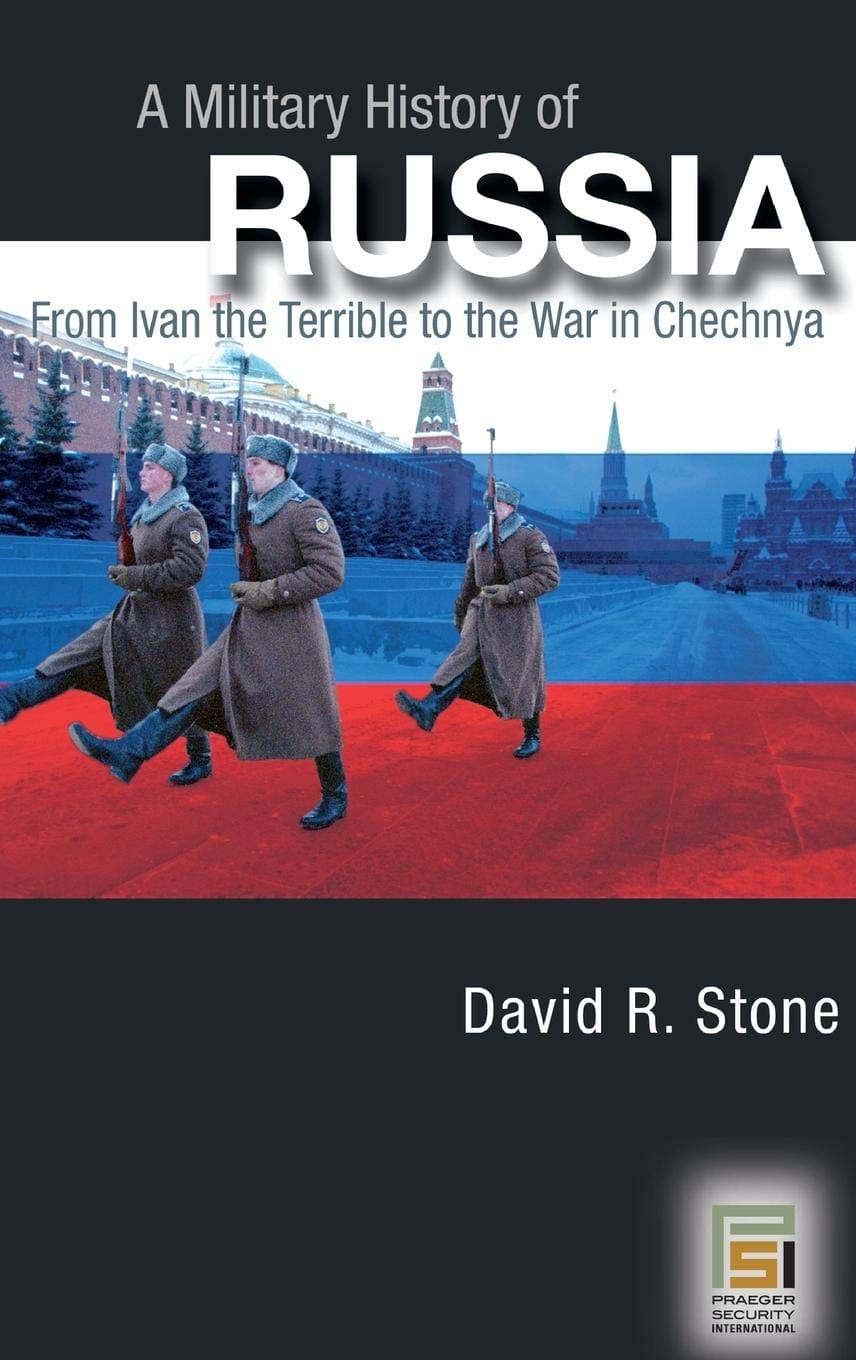
This book covers key conflicts from the Tsarist era to the post-Soviet wars in Chechnya. David R. Stone explores how Russia’s military strategy, structure, and doctrine evolved over centuries, shaped by geography, political change, and technological advancements. He also examines Russia’s military culture and the relationship between the armed forces and the state.
This book is a good choice if you already have a basic understanding of Russian (military) history and want to explore it in more depth. The fact that it employs military jargon without excessively relying on it helps with introducing you to the terminology.
Russia's Military Revival
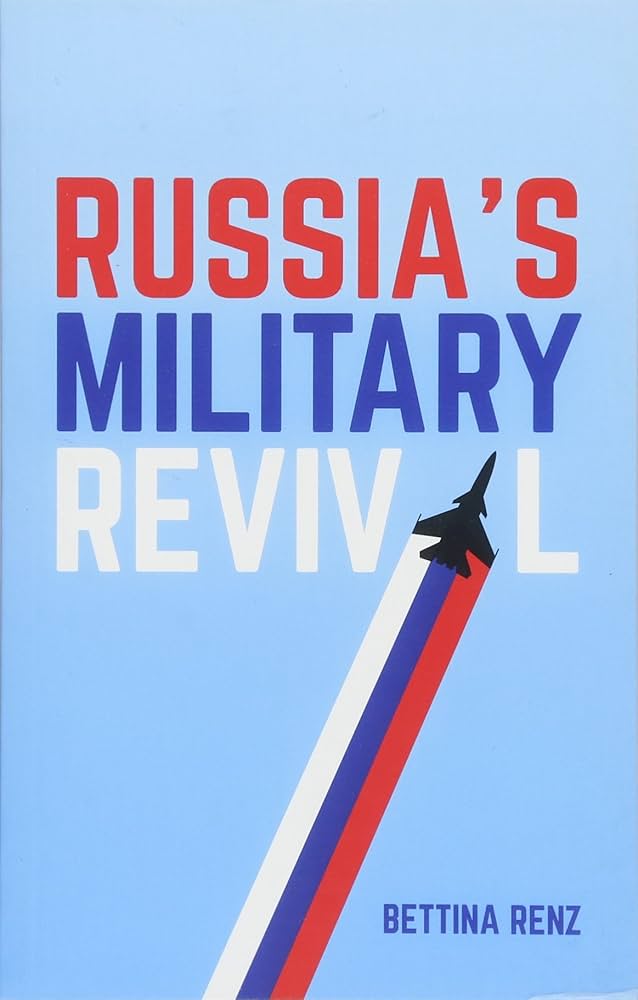
Russia’s Military Revival examines the modernization of the Russian military following its decline in the 1990s. Bettina Renz analyzes how and why Russia rebuilt its military capabilities, focusing on factors such as defense spending, strategic planning, and military interventions in Ukraine and Syria. She also explores how Russia’s military power is used as a tool of state policy, particularly in information warfare and hybrid warfare.
While the author provides some historical context she mostly focuses on the post-Soviet era, allowing you to explore Russian strategic thinking in recent years and understanding how the country uses military power outside of active kinetic conflicts in a geopolitical context.
Russia’s Military Strategy and Doctrine
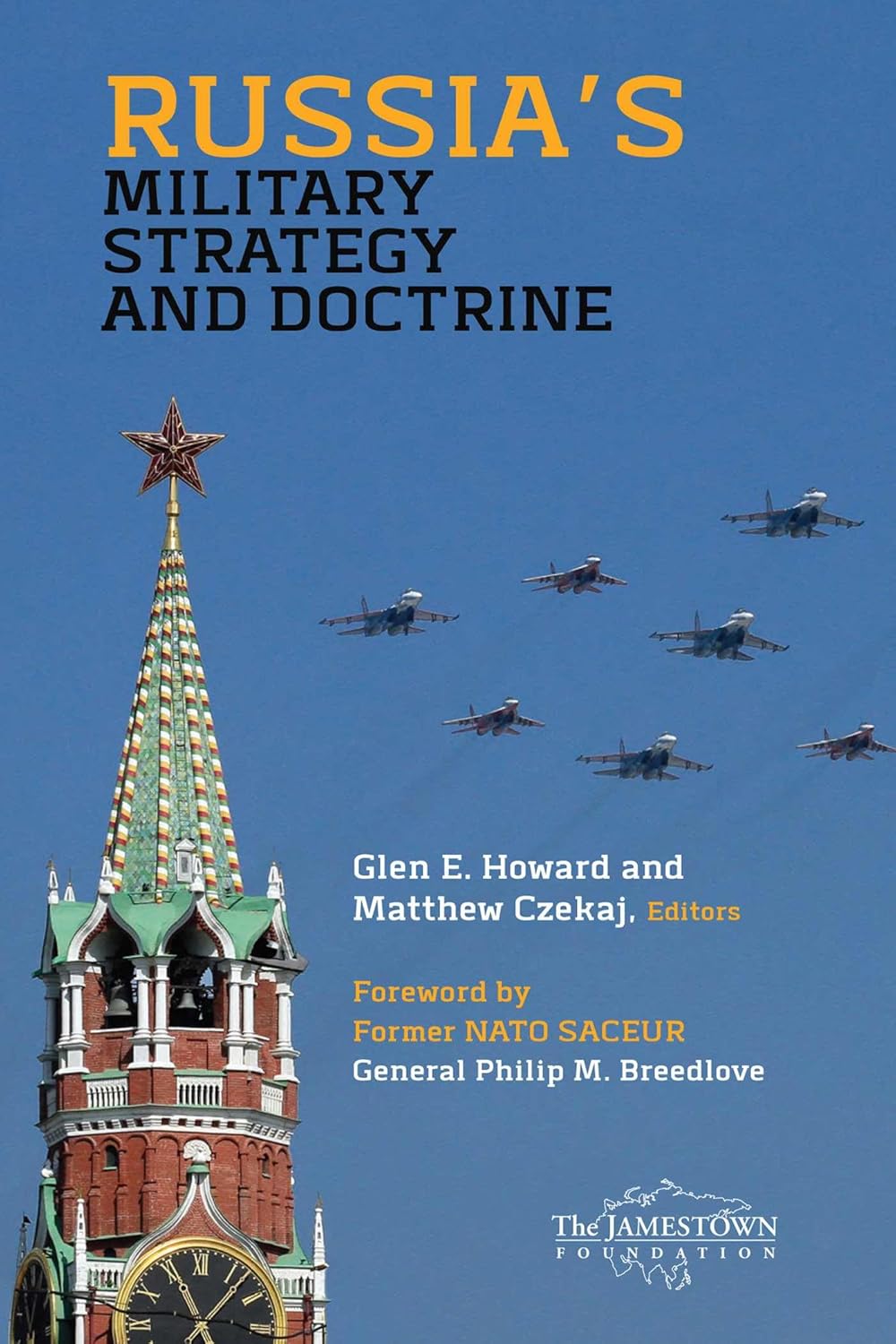
This book is a collection of essays by a wide range of military analysts and subject matter experts, looking at Russian military doctrine, strategic objectives, and operational capabilities (bare in mind that this was written before the full-scale invasion of Ukraine in February of '22). It covers topics such as nuclear deterrence, hybrid warfare, cyber warfare, and Russia’s military operations in Ukraine and Syria. The contributors analyze Russia’s evolving military thought and how it compares to Western military doctrines.
The approach of using multiple authors means that you are confronted with a diverse range of perspectives, making it valuable to engage with various military topics on a deeper level. At the same time you're depending on the author when it comes to how much prerequisite knowledge you need, and some of those assume quite a lot.
Spetsnaz - A History of the Soviet and Russian Special Forces

This is the first comprehensive history of the Soviet and Russian special forces, talking about their evolution from their establishment in the early 1950s to the (reasonably) present day. The author doesn't just talk about their history in the sense of their missions and conflicts they were involved with, but also dives into the process of building and organizing them within existing state structures - and the resistance that process encountered at times.
Spetsnaz - The Inside Story of the Soviet Special Forces

This book feels like the "dirty little brother" of the book by Tor Bukkvoll - it is less of a historic textbook and more of a memoir of an insider trying to transform his memories into a textbook. It deals a lot more with the operational level of Spetsnaz as well as including borderline philosophical musings about what Spetsnaz actually is, or should be in the eyes of the people who created it. A lot of the things the author states are without sourcing, but the book is nonetheless an interesting read and provides a personal context to the more "dry" historic facts.
Death Is Our Business: Russian Mercenaries and the New Era of Private Warfare

This book is deeply researched exposé of the Wagner Group and the resurgence of private military companies as tools of Russian statecraft. To book explores how Yevgeniy Prigozhin's mercenary (and others like it) army became a pillar of Russia's global strategy, exploiting conflicts in Africa, the Middle East, and Ukraine to secure resources, undermine Western interests, and project Kremlin power.
Putin's Sledgehammer

In this book the author, drawing on leaked documents and interviews, highlights not just the role Wagner plays in Russian policy, it also highlights the corruption, infighting, and fragility within Russia's military and security apparatus. Combine this with "Death Is Our Business: Russian Mercenaries and the New Era of Private Warfare" and you get a good grasp of the topic.
Advanced
Russia Military Strategy: Impacting 21st Century Reform and Geopolitics
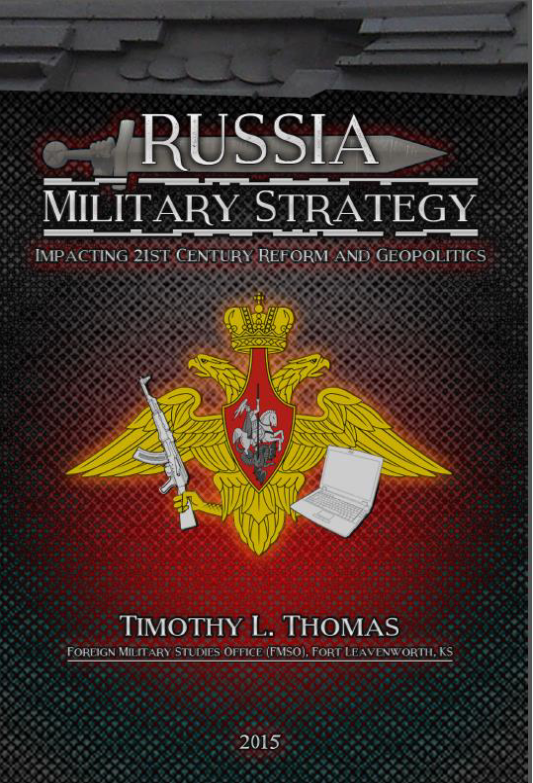
Don't be scared away by the admittedly ugly cover. This book provides a deep analysis of Russia’s contemporary military strategy, examining how Russian military thought has evolved to meet the challenges of modern warfare.
The author explores key aspects of Russian military doctrine, including cyber operations, electronic warfare, information warfare, and nuclear deterrence. Drawing from Russian military writings, policy documents, and speeches by Russian defense officials, the book provides an insider’s look at how Russia views modern conflicts and geopolitical competition.
It's not an easy read. It's highly technical and assumes quite significant knowledge and understanding of contemporary military affairs with a focus on Russia. But it's (in my opinion) the best recent analysis of the Russian military.
The Russian Understanding of War: Blurring the Lines between War and Peace
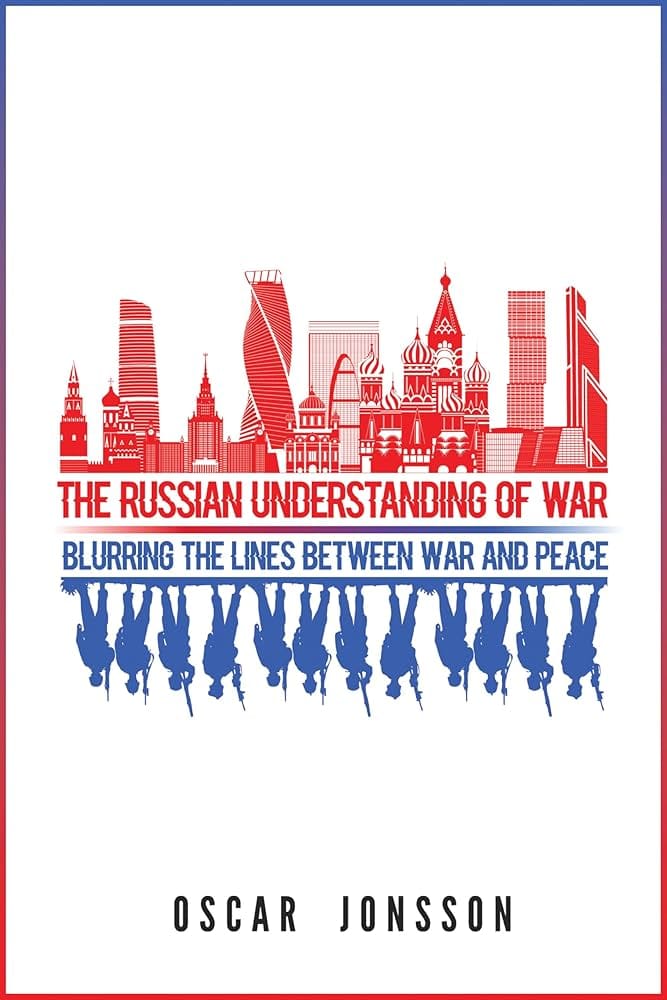
This book delves into how Russia, and specifically the Russian military, perceives modern conflict. It focuses on the shift towards "hybrid" or "non-linear" tactics that exploit political, economical, and informational domains.
By examining official doctrines, historical precedents, and strategic thinking, Jonsson explains how the Kremlin blends conventional and unconventional methods to achieve its geopolitical aims without necessarily resorting to traditional military force.
The book also takes the time to highlight the internal Russian struggle between "traditionalists", who adhere to a more Clausewitz-ian definition of warfare, and "modernists", who are more willing to blur the lines.
This very much wasn't an easy read. But it's well worth the effort.
Soviet Strategy and the New Military Thinking
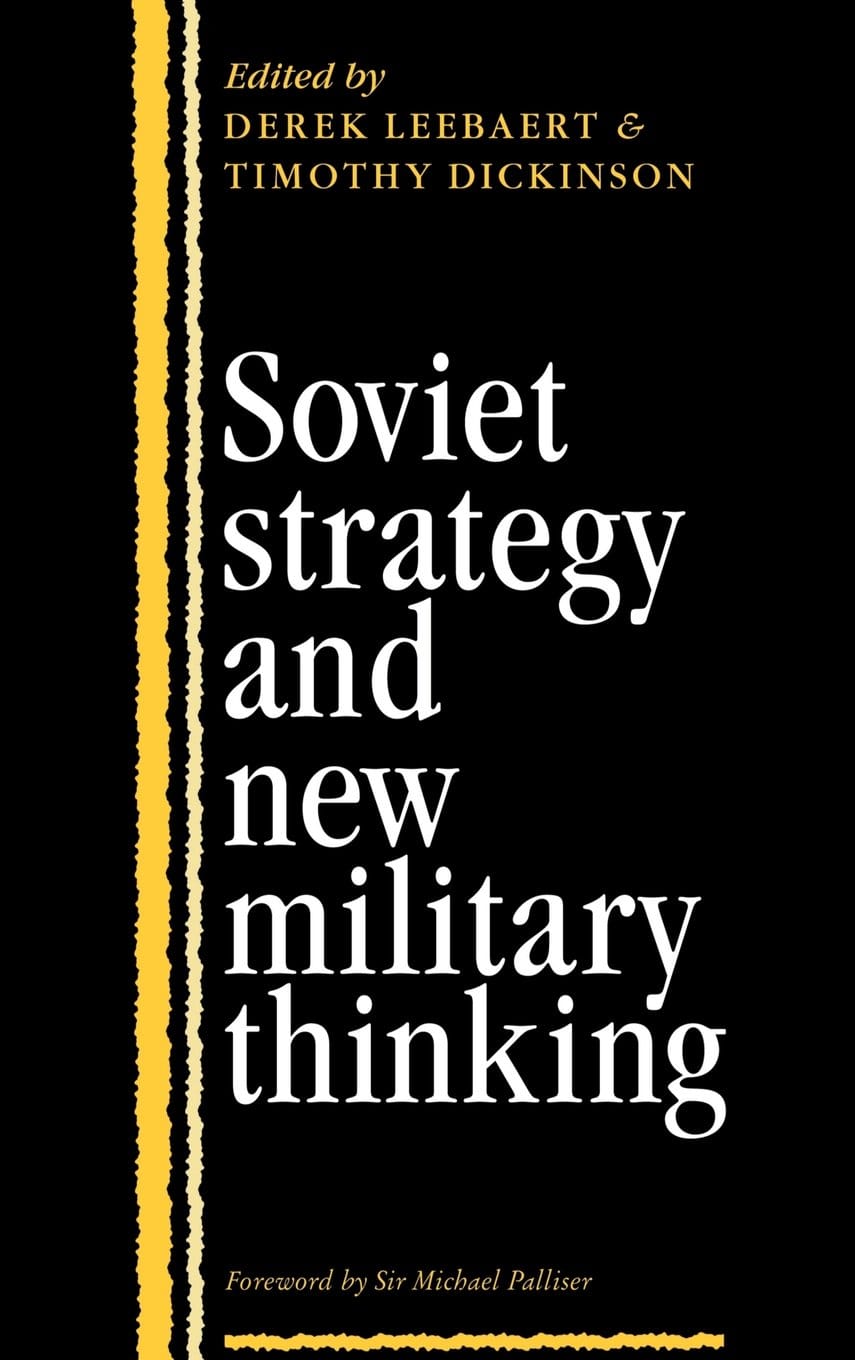
This book examines the evolution of Soviet military strategy during the late Cold War era, focusing on the shift from traditional military doctrines to more nuanced strategic approaches, including nuclear deterrence, conventional force restructuring, and asymmetric warfare.
Being a collection of essays, the contributors analyze Soviet military writings, internal debates, and evolving security priorities in response to technological and geopolitical changes.
The book provides a deep dive into Soviet military thought, particularly during the Gorbachev era, when military reform and arms control became central to Soviet strategic considerations. There's a lot to be learned because those later developments during the Soviet Union had and have an impact on modern Russian military thinking.
The Russian Way of Deterrence: Strategic Culture, Coercion, and War

The book is an in-depth analysis of how Russia’s unique strategic culture shapes its approach to deterrence and coercion. The author argues that Russia's strategy (what he calls "deterrence à la Russe") differs fundamentally from Western models, integrating nuclear, conventional, and informational tools in ways that reflect deep historical and cultural influences. While this book is a dense and challenging read, I would nonetheless strongly recommend it to anyone seeking to understand Russia's behavior, both in regards to military action as well as foreign policy.